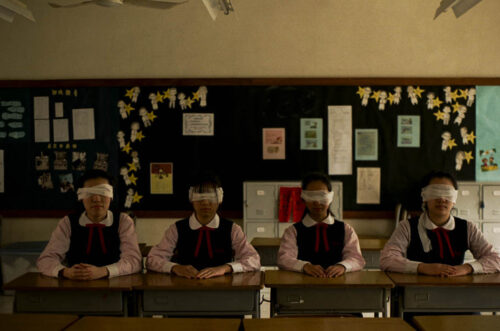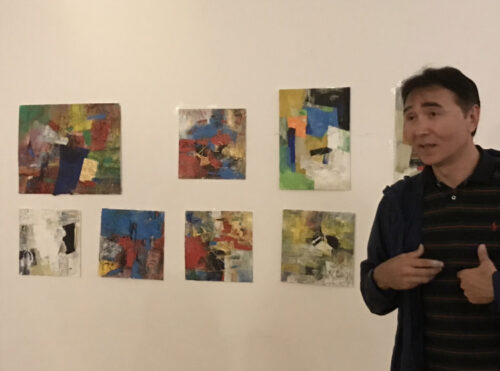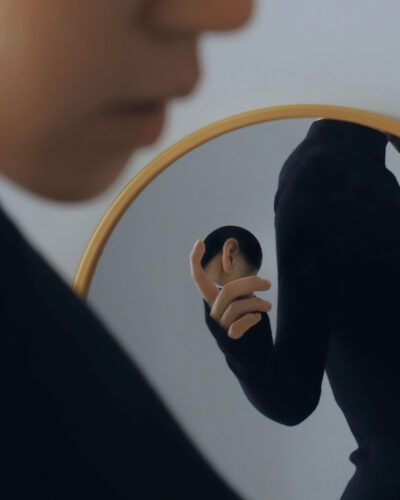Fish out of water
The bittersweet memories of artist Sun Keqin

This article was originally published on Neocha and is republished with permission.
According to a study by Microsoft, the average adult human now only has an attention span of eight seconds, a sharp decrease from 12 seconds in the year 2000. It’s not a stretch to predict that, as technology continues to advance, our attention will become even more divided as we swipe from one feed to the next in search of “something new.” Within this global stream of information overload, Chongqing-based artist Sun Keqin swims against the current to ask: “If you had only seven seconds of memory like a fish, would it be a blessing or a curse?”


Although this open-ended question seems universal in nature, Sun’s ongoing multimedia project Seven Seconds of Memory, began as all great art does—from personal experience. “The works in this exhibition begin with my own memories,” Sun Keqin states, “and records my sorrow and joy, as well as my concern and thinking about the emotional memory between people now.”
Through a combination of photography, painting, and even X-Ray scans, Sun creates a memory book of madness, filled with torn pages, scribbled notes, and loads of dead fish. “My studio smelled for weeks!” Sun recounts.
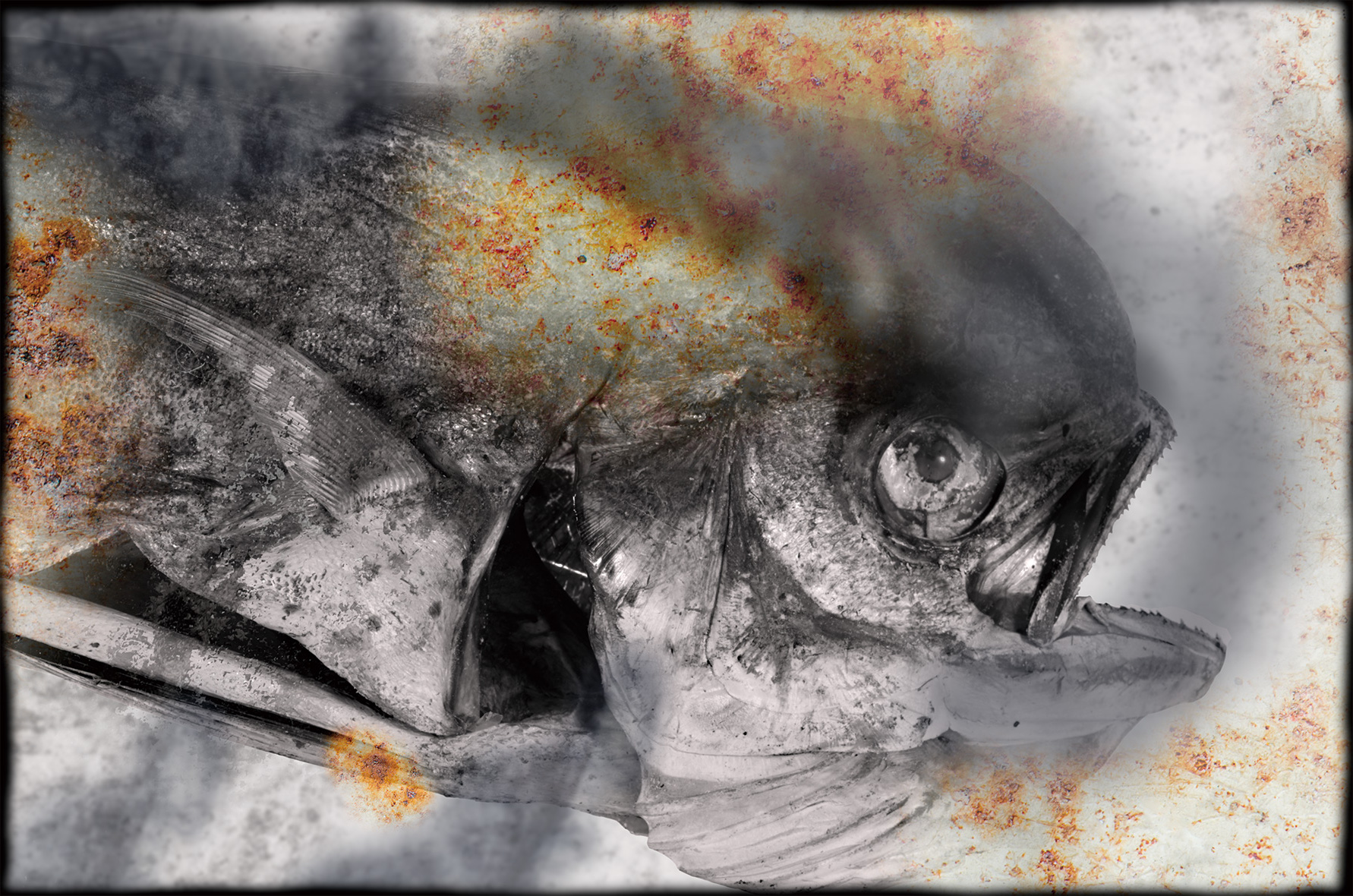


But within the chaos of his work, there’s a clarity that can only occur when viewing one’s past from a present perspective, one that allows life’s many mismatched melodies, motifs, and confusing coincidences to be properly placed within a harmonious arrangement.
Sun’s painstaking devotion to the older, traditional methods of analog film pays homage to photography’s early days. “In the past, curtains were placed behind the individual who was getting their photo taken,” Sun notes. “I did the same for my fish shoots, mainly to emphasize the feeling of a memory.” Similarly, the scratches and graininess of the pictures represent the tearing and fragmentation of memory, while the rust and computer glitches reveal the deterioration of our objective recollection over time.

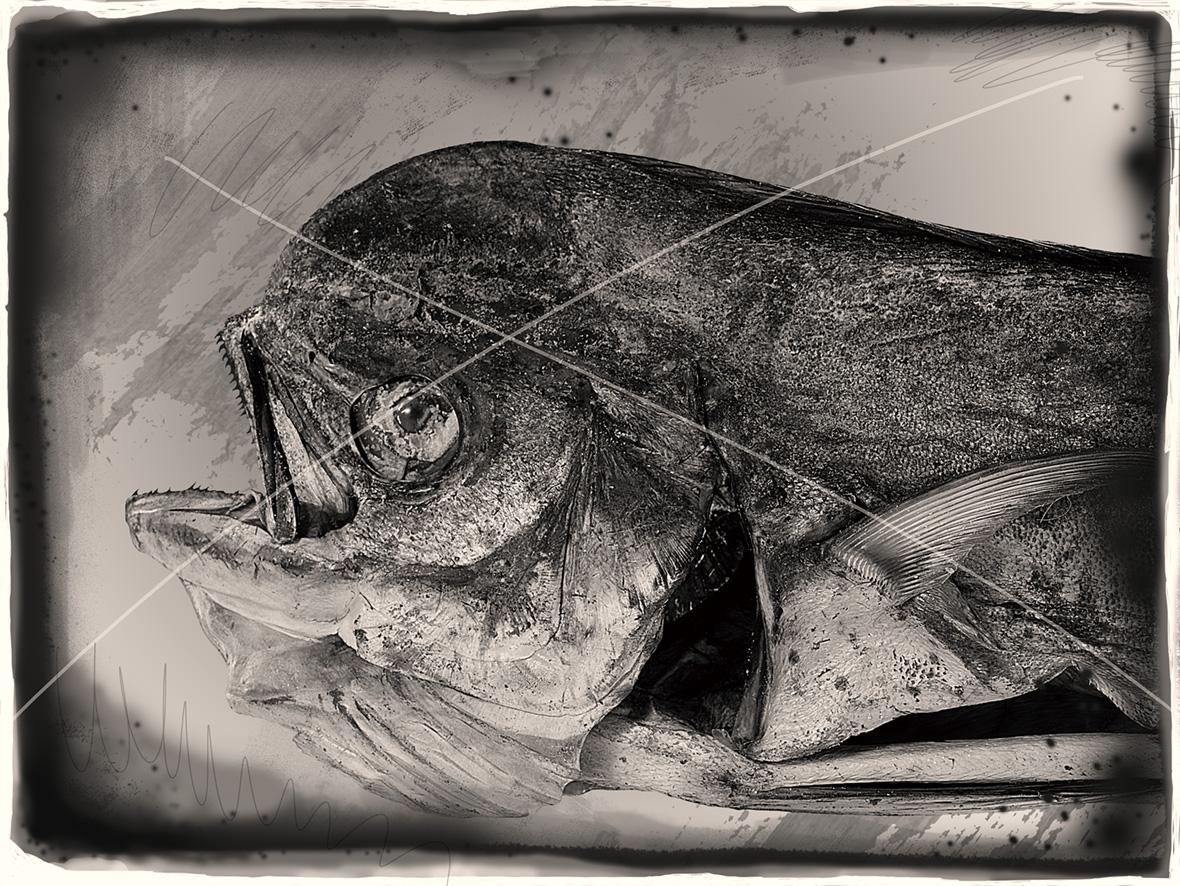
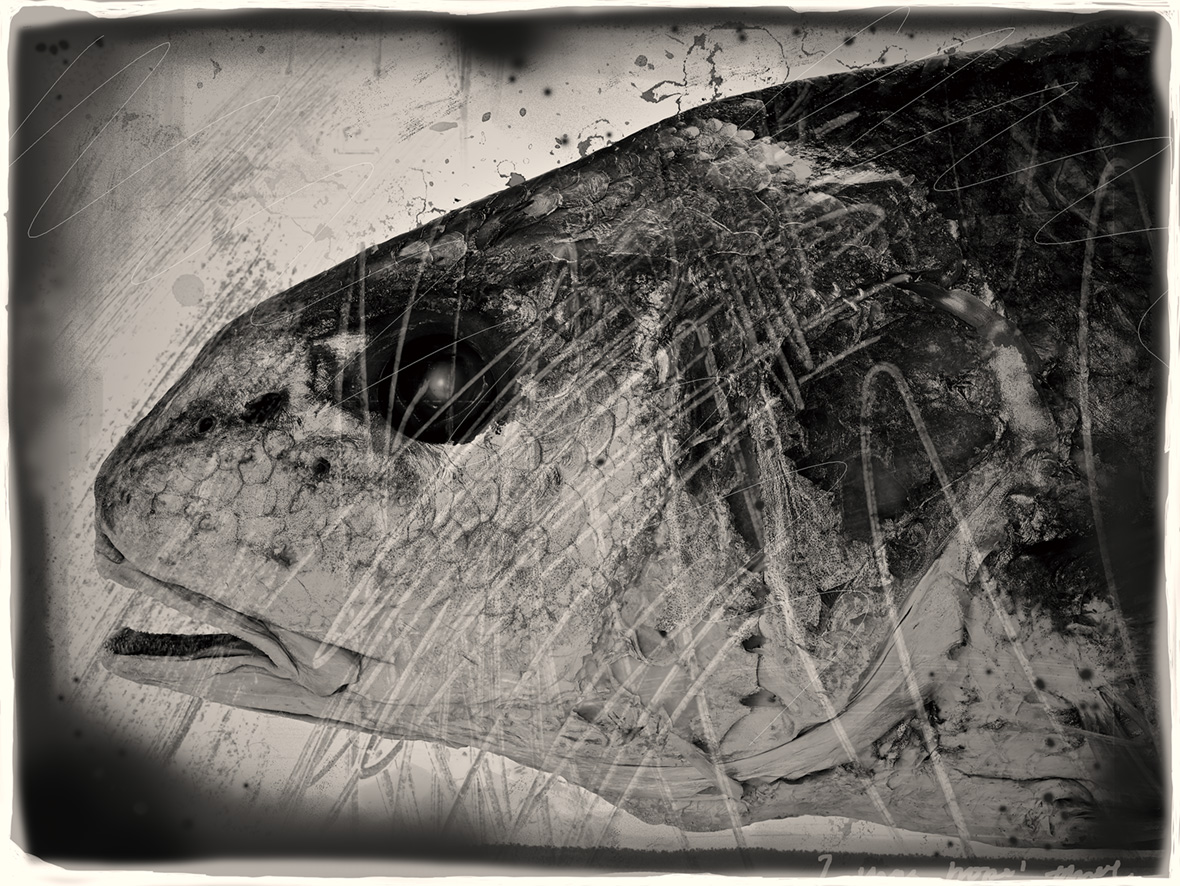
Born the son of a painter, Sun always knew he wanted to be an artist and that there were high expectations for him. However, now in his forties, it certainly took him a long time to get there, and despite his youthful appearance and optimistic demeanor, his past is full of heartbreak and failure.
In fact, he almost never made it at all. “I was rejected from the high school run by the Sichuan Fine Arts Institute, twice” Sun laughs, “which made my father very disappointed, maybe he thought I was not so talented.” After getting in and graduating, Sun faced another crippling setback: he was denied entry to the Sichuan Academy of Fine Arts… four times.
However, Sun was determined, and for five long years, he patiently endured mounting pressure to give up his dreams as he continuously honed his skills without the support of his family. “Before I passed the exam, my relationship with my father was very tense, and the relationship between my father and my mother was also very tense. They were going to divorce” Sun says. “My father totally abandoned me; he thought I was never going to be an artist, and that I would also fail my whole life.”

When asked if he ever became discouraged, Sun humbly replies, “Never, I’m very patient and good at waiting.” Now, as a professor of photography at his alma mater, Sun tries to impart this same attitude on his students. “I always tell my students that it takes a really short time to press the button, but a long time waiting for the right moment to show up. If you look back, for normal people five years may seem like a really long time, but if you really believe in something, especially your art, patience is a very important lesson you have to learn.”
With exhibitions across China, the US, Germany, and Australia, Sun ’s patience has finally paid off, but tragically, too late for his father to witness. “The year I gained entry to university was the year my father found out that he had lymphatic cancer,” he recalls. “Although I thought my paintings were very bad at the time, my father still put it on the wall of his ward, and said proudly, “Look! It is my son’s painting! He is a student of the Sichuan Fine Art Institute now!” The day after his final examination, Sun’s father passed away.

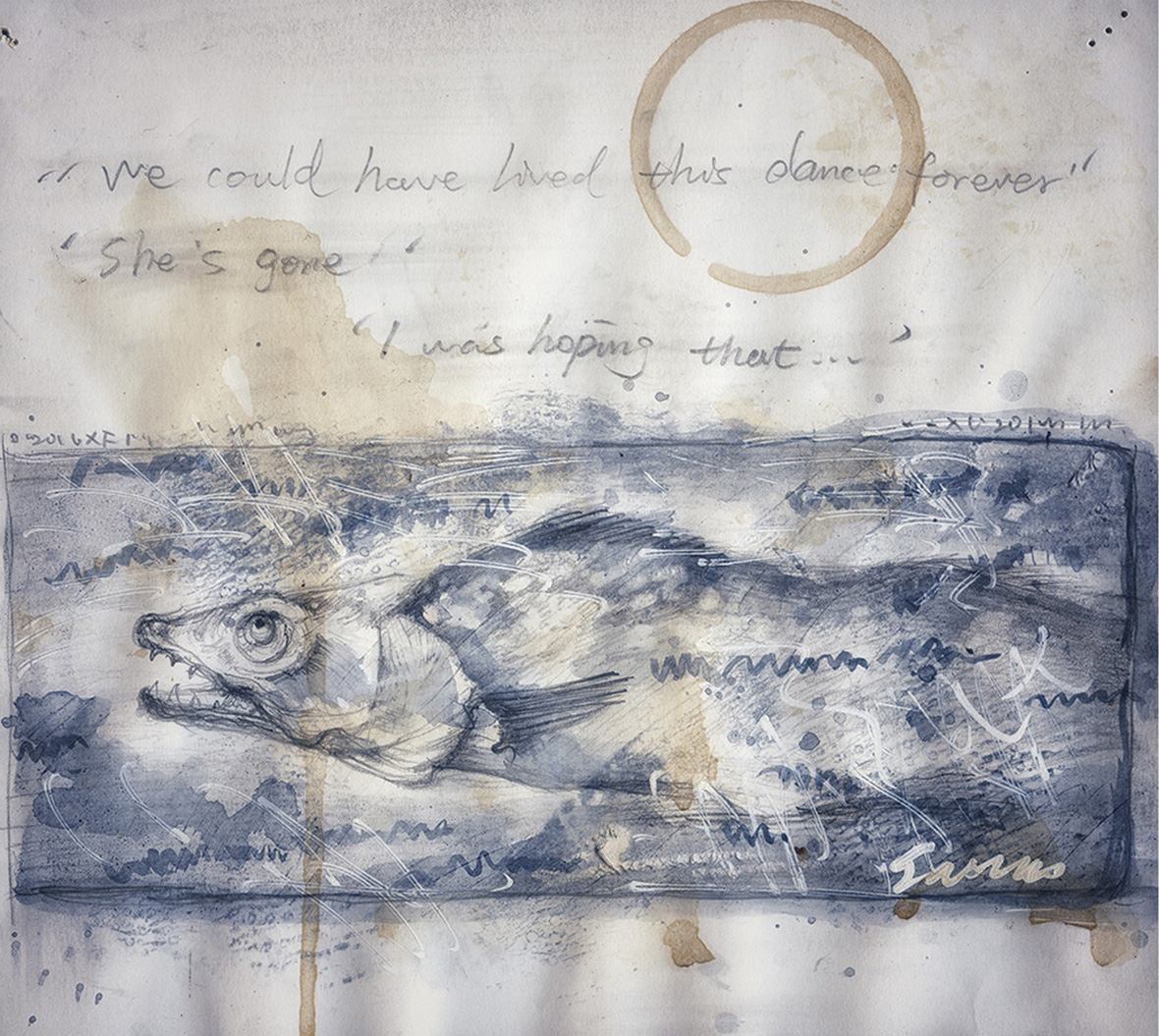
This forced forgetfulness of pain can be a bittersweet companion in our lives, occasionally rising from the depths of our memories. Although they may disappear altogether over time, they still take their toll. Sun makes sure to pay particularly close attention to this relationship in his work. “When we want to forget a person, we may tear up his photos. My creation is based on this habitual thinking model of people, which causes viewers to re-select and examine the evasive content in their inner memory, rewriting them.”
Sun also asks, in an era where everything in our lives is recorded, wrapped, commodified, edited, and then dangled like fish food on social media for others to consume, what value do our private memories hold? Do our fragmented recollections of the past, torn from the personal pages of our history and stitched into our subconscious, actually inform who we are? Or is the present construction of us, who we choose to show the world, really all that matters?
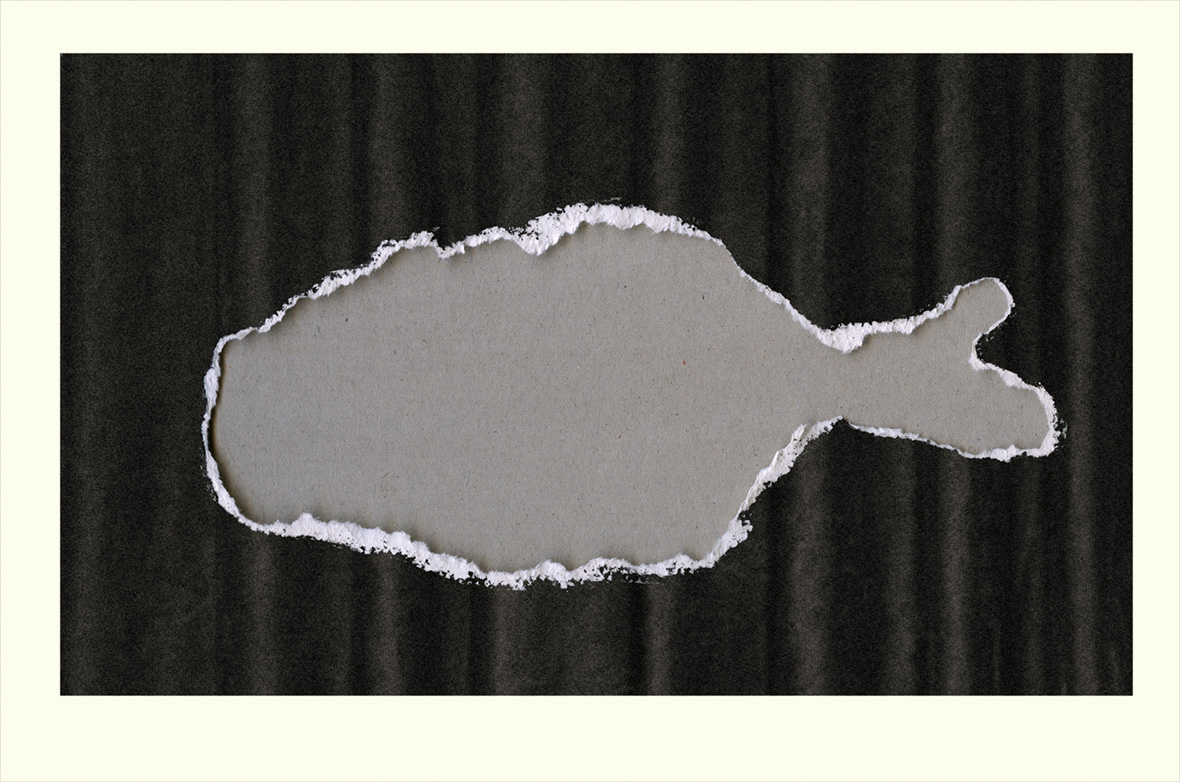
When asked if Sun would prefer to have the attention span of a fish, he responds: “In reality, I am actually willing to become a fish with only seven seconds of memory, because then I can forget some painful things. But the natural condition of human memory has to let us not forget. Therefore, I think I can choose to remember those memories with a temperature, and I think that the temperature of this memory is constantly pushing me to move forward. I feel that at the end of my life, when I think back to all the joy, pain, or sorrow of my life, I can prove that I am a complete person because I think that memory is an important part of what makes us human.”
Like this story? Follow us on Facebook and Instagram.
Contributors: Rorí Mencin
Chinese Translation: Olivia Li



